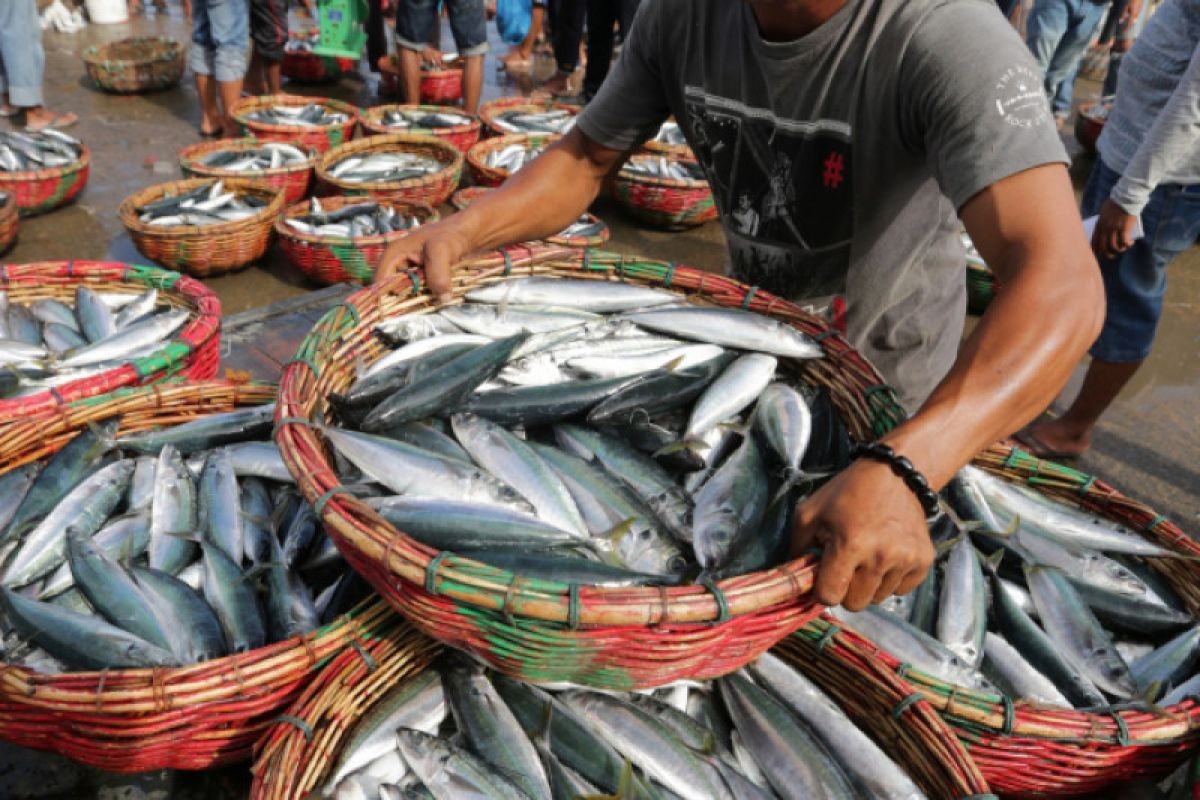Myanmar’s aquatic resources expected to be scared in next decade

699

Hsu/ Yoon (NP News) - May 9
One of the fisheries businessmen told The NP News that Myanmar's fish resources are gradually becoming scarce, and the continuous extraction over the past decade may lead to an extreme shortage of fish.
The businessman further noted that a Norwegian research survey reportedly found Myanmar's fish stocks significantly depleted, with only 30% of shallow water fish and 30% of deep-water fish remaining. This data aligns with reports of declining fish populations every decade.
The businessman elaborated, "Norway conducts these surveys every five to ten years. Their data shows a concerning decline, with only 30% of shallow water fish and 30% of deep-water fish remaining. This downward trend suggests a potential fish source scarcity within the next decade if current fishing practices continue."
Myanmar was once known for its abundant fish resources. A 2022 survey ranked the country 14th in fishery and marine resource richness.
However, currently, the rate of fish extraction remains relatively high, and there is a pressing need to maintain and rehabilitate the coral reefs.
He continued, "We need to create artificial islands, and maintain and rehabilitate the underwater coral reefs. If we fail to do so, we may have to follow Thailand's lead. If we don't take these actions, they warn that fish production will decline significantly in the next 10-15 years. Fortunately, we still have underwater mangrove forests, and we are working to regrow them. However, we have yet to properly maintain the coral reefs. Luckily, the current conditions are not too dire. There is much work to be done to preserve and maintain the underwater mangrove trees and coral reefs, as many are in a state of decay."
Once a leader in freshwater fish production within Southeast Asia, Myanmar currently faces a significant decline. While freshwater fishing contributes 28 percent of the domestic fishery production according to a survey, a Norwegian research survey reveals a concerning decrease of up to 80 percent in shallow water fish populations compared to 1979-1980.
The businessman suggests learning from Thailand's coral reef rehabilitation methods, particularly their approach to creating artificial reefs, which may be easier to implement for Myanmar.
He added, "Thailand's fish resources were depleted for twenty years. Perhaps they will be able to replenish their fish stocks in the next ten years. They have constructed hundreds of artificial coral reefs by encasing old motor tires in concrete and submerging these heavy blocks in locations designated by the fisheries department. Over time, barnacles adhere to the concrete, transforming it into coral reefs. This process takes approximately twenty to thirty years. However, Thailand has been employing this technique for over two decades. It is possible that they will see a recovery in fish populations in the near future."
Reports also highlight the need to address several issues within Myanmar's maritime fishing industry, including unregulated fishing gear and practices, such as reckless fishing techniques from boats and illegal fishing in unauthorized areas and times.